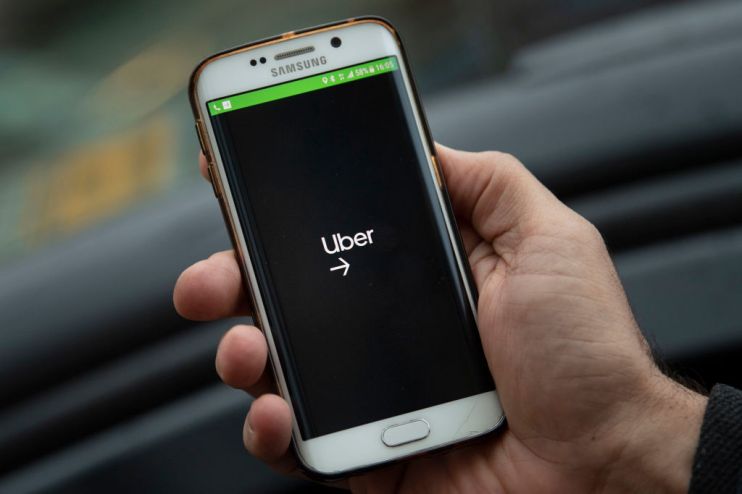High Court says ride-hailing gig models are unlawful

A court ruling will see a host of London’s private hire firms forced to reclassify their relationship with drivers and customers, potentially leading to significant price hikes.
The High Court yesterday declared the so-called ‘gig economy’ model of contracting, in which platforms like Uber and Bolt act only as an agent to a ‘contract’ between driver and passenger, unlawful.
Instead the firms will be required to enter into a contractual obligation with the passenger, effectively turning the driver from a contractor into an employee.
The ride-hailing giant argued that its role was confined merely to that of an internet booking agent and that it was not a party to any contract for the provision of transport.
The ruling is the latest in a string of court decisions that have turned the market upside down. Earlier this year a group of Uber drivers won a Supreme Court case against the firm, a decision which in part prompted Uber to put in place employee rights like holiday pay and the minimum wage whilst driving.
Competitors including Bolt and Ola did not go as far.
The ruling could also mean the Treasury could demand Uber and others charge VAT, hiking prices to consumers by up to 20 per cent.
An Uber spokesman told City A.M. that the ruling has made the Supreme Court decision “clear”. It said, “we’re not the only player in town” and urged other operators to ensure drivers are treated fairly following this decision.
Yaseen Aslam, President of App Drivers & Couriers Union (ADCU), the body that defended the case said: “This ruling confirms that, not only had [TfL] the powers all along but, in fact, they had the duty to act on these powers but failed to do so. The Mayor of London must now order an urgent review of TfL to find out what went wrong”.
Stephen Moore, Partner and Head of Employment at law firm Ashfords, commented on the decision: “This decision is significant for strengthening the effect of the Supreme Court ruling in February 2021. One of Uber’s main arguments in that case was that it merely acted as an agent between passengers and drivers. The Supreme Court rejected this argument and held that the drivers were workers of Uber, not in business on their own.”
“The High Court’s recent ruling affirms this position and makes clear that the contractual relationship must be between passengers and operators. This constitutes another defeat for Uber and it is unclear what steps (if any) Uber will take next. What is clear is that private hire operators in London need to consider the Supreme Court and High Court rulings closely, to ensure they are abiding by both employment and transport law. It remains to be seen whether or not Uber will appeal the High Court decision to the Court of Appeal.”
This was echoed by Partner Nicholas Le Riche at law firm BDB Pitmans who added: “It was always likely that Uber would need to adjust its business model in light of the Supreme Court’s ruling and the High Court’s decision today has only underlined this need further. With the requirement for private hire companies now having to be transparent about the relationship between themselves and their passengers now following the High Court’s ruling, there will be less scope for them to argue that their drivers are self-employed and therefore not entitled to rights such as paid holiday and the national minimum wage which workers should receive.”